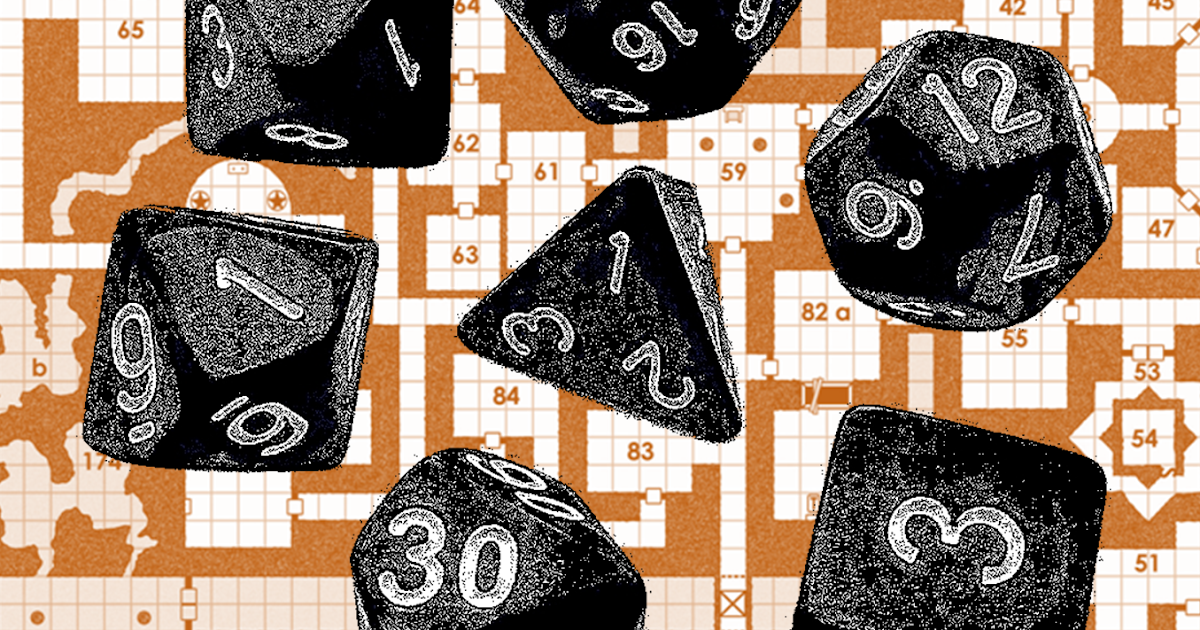I guess I was picking up on the binary way of thinking as the result of only seeing extremes. For example, per the post you mention, there isn't really a strict dichotomy between FKR and blorbiness. It reminded me of this postHmm, no. It seems like a stretch to try to tie it to that particular jargon. I think the issue is something more fundamental like getting trapped in binary thinking. Consider the example by @Oligopsony in post #25 where two approaches to OSR play are viewed by some proponents as lacking some dysfunction the other has. I don’t see any issue with “incoherence” there, but I do see a false dichotomy and binary thinking, which is the problem I’m identifying.

Minimalist Gaming Doesn't Exist!
Every so often, the topic of minimalist gaming arises, and we've concluded that it doesn't exist! Now this might seem strange coming from t...


